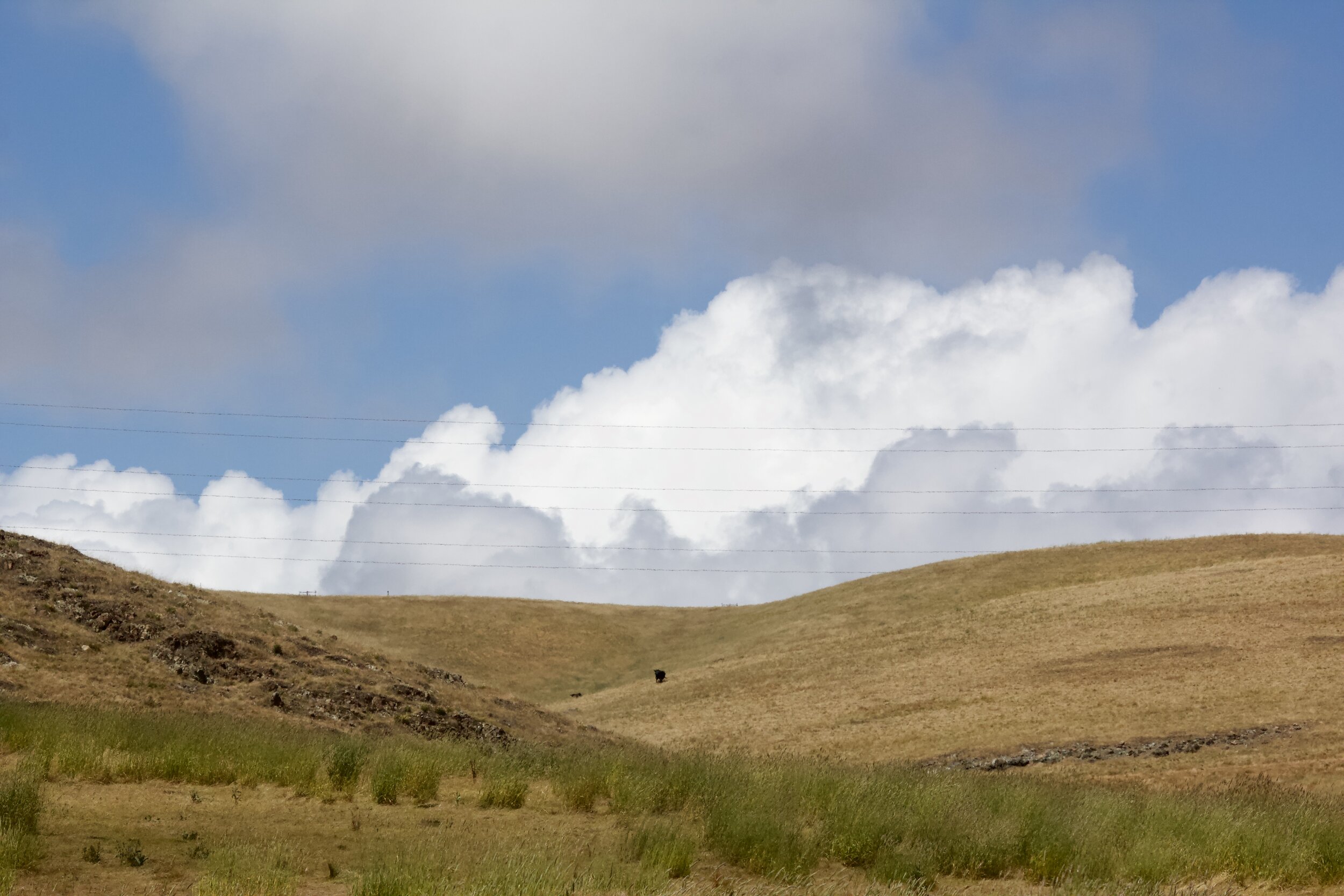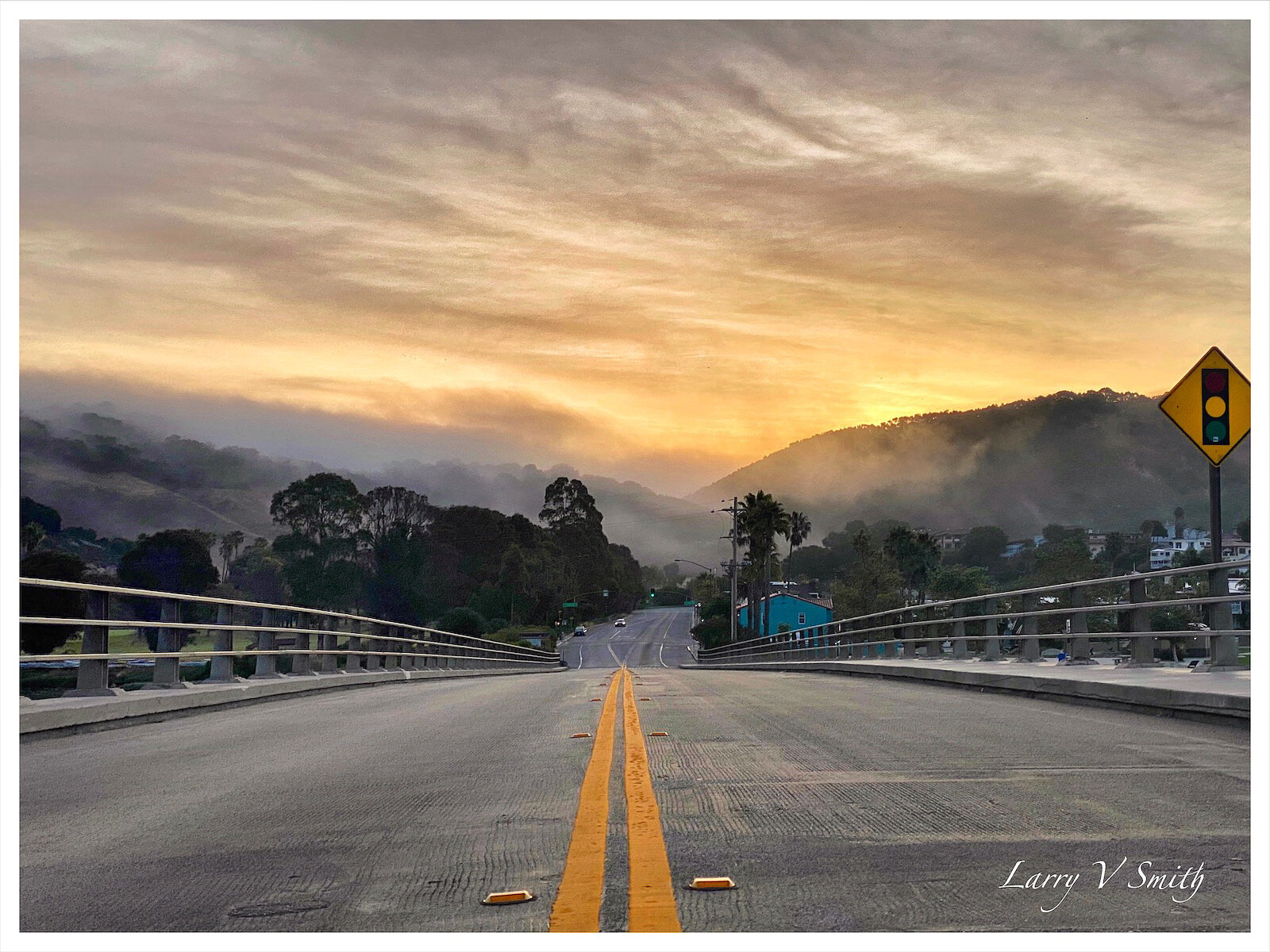My wife and I found ourselves staying overnight in a rather dumpy motel, but were grateful for a room, because it was graduation weekend at the local university, and board was hard to find. In the early morning as we slept, some upset little critters began to bite me. Upon investigation I discovered a row of pavement ants marching directly from a crack on the windowsill to my pillow. The tiny pests did not disturb my wife since, I assume, they preferred the flavor of my salty skin to the taste of her lotion-satiated dermis. Not wanting to awaken her, I did not turn on CNN but took the Gideon Bible from the pine side-table beside the bed to read. To my surprise I discovered a penciled message in its flyleaf directed at folks like me who are devoted to the Scriptures. It said:
“Hello Sheep. Baa. Make sure to keep following orders and keep obeying scare tactical fiction stories in order to give your life purpose. After all, if you can’t think for yourself, you may as well follow the leader.”
To test the validity of the salutation addressing me as a member of the Ovis aries species of cud-chewing mammals, I quietly repeated “Baa” to myself several times while drawling out the bleat. But, alas, the tryout brought me no relief from the suspicion that I just might belong to the wooly flock. This person, whoever he was, had clearly gotten into my morning, pre-coffee head, and I did not like him there. Strangely, something about the flyleaf missive seemed to be true of me, I do go to the Scriptures for purpose, and I do submit in some way. Does that make me a mere follower of some old book? I
therefore copied the accusation on stationary from the desk, and made myself a cup of insipid motel coffee.
WHY SEARCH FOR PURPOSE ANYWAY?
So why bother with meaning? Isn’t it easier just to bust loose singing, “Que sera sera, whatever will be will be,” and then put your happy little head on your big soft pillow? Maybe so, but it’s not quite so straightforward for those of us who buy into the dictum of Socrates, “The unexamined life is not worth living.” For such anguished souls a life- long search for meaning is a must. A purposelessness existence is not an option.
Then too, there’s the not so trivial matter of our own death. (Not only taxes are certain, you know!) Ernest Becker in his Pulitzer Prize winning book, The Denial Of Death, argues convincingly that because we fear and suppress the certainty of our demise, the symbolic part of us engages in what he calls an “immortality project.” We try to become part of something we believe will last forever — art, music, literature, science, religion, political movements, etc. Such attachments, we figure, will give our lives meaning.
I here unabashedly confess my linkage to the grand story of the Bible as my immortality project, my source of purpose. Its plot is about God and his people, and how well they do and don’t get along. In the thrust and parry of this difficult narrative I’ve discovered a reasonable and healthy way to live. Out of the distortion and the order, the hate and the love, the hope and despair, the law and the grace, the war and the peace, etc. principles to live by emerge. These I use for direction.
WHAT ABOUT THE TAKING ORDERS BIT?
Is the above process equivalent to “taking orders?” Maybe. Sorta. But when I read the Scriptures I don’t snap my heels together and stand at attention. N. T. Wright once said something to the effect that its very confusing to go for orders to a source that declares, “Once upon a time….” My experience is that the Bible’s narratives are sufficiently indefinite to give me space to figure things out for myself. I often argue with them and with God. The stories raise questions, they don’t simply give explicit answers.
THE BIBLE RAISES QUESTIONS THAT CHALLENGE ME.
I revel in the questions the Bible raises by means of its plot-lines.
Here’s a sampling:
Why isn’t there nothing?
Are men and women equal?
Why does religion turn brothers to killing each other?
Does technology divide cultures?
Is life absurd?
What is genuine love like?
Can we escape death?
Are all humans equal?
What does it mean to be fully human?
Is the world going to come to an end?
Do I live by sight alone?
How do we do justice?
How do we show mercy?
A friend of mine and I were having an earnest discussion that was going nowhere. After we blundered about hither and yon for some time, he suddenly exclaimed, “Let’s stop this nonsense, we don’t yet have adequate questions with which to probe for answers!” What wisdom! The Bible does not simply give answers, its stories raise crucial questions. But there’s more.
THE GOOD BOOK HONORS THOSE WHO FACE THEIR OWN
MEANINGLESSNESS.
The Bible has a gallery of honor to showcase people who’ve struggled to make sense of themselves. In a collection dubbed “The Writings”, it gives them a prominent platform to speak from. But don’t let the laid-back title fool you, they pack a punch. The collection includes the books Ruth, Esther, Job, Psalms, Proverbs, Ecclesiastes, Song of Songs and Lamentations. These explore the nitty gritty of failed religious experience, of self-defeating behavior, and misguided attempts to seek purpose, and imploded civilization. They’re not for sheep.
Take Ecclesiastes, for instance, in which Qoheleth (the Teacher) faces the absurdity of life. “Meaningless! Meaningless! Everything is meaningless!” he cries. He labels humans as “drifters without direction,” “seekers who never find,” and “children of the desert wind.” Quite a description, don’t you think? He asserts, we cannot by all our striving achieve anything of enduring or ultimate significance. He thinks wisdom is better than folly, but not to expect too much from it. He insists that we die in futility like the animals do. And he maintains, there is nothing new under the sun. Been there, done that - always has been, always will be. But ironically, God has put eternity in our hearts so that we feel the urge to search, albeit in frustration.
The book finally ends when a shocked and pious redactor, in an editorial postscript, attempts to redeem the work from total despair by drawing a conclusion that is, to say the least, only modestly satisfying: “Fear God and keep his commandments for this is the whole duty of man because God will bring every deed into judgment, including every hidden thing, whether it is good or evil.”
Is this really what it’s all about? Is this how we should live? What about the glory of love, and grace, and redemption? But still, if the Bible did not raise the awful specter of absurdity that humanity endures in the face of death, it would itself be a failure. So my hat is off to the Great Book for not holding back, for telling it like it is, on this agonizing matter, and for giving Qoheleth his troubling voice.
BUT WHAT ABOUT THE ANSWER?
The finest place to find purpose in life is, I think, in Jesus the Messiah. He is the ultimate exemplification of what it means to be fully human. Christ has saved me from purposelessness, and I believe from death. He is my compass. By that I mean he is my true North. A compass does not make decisions for you but consistently points to the pole and says, “Now go figure.” By grasping why Jesus thought he lived, by knowing what he was against, by buying into his principles of happiness we find ourselves, and fullness of life.
Here is why he thought he lived:
“The Spirit of the Lord is on me,
because he has anointed me
to proclaim good news to the poor.
He has sent me to proclaim freedom for
the prisoners,
and recovery of sight for the blind,
to set the oppressed free,
to proclaim the year of the Lord’s favor.”
He focused his life on the lost, the last, the least.
This is what he was strongly against:
Defining your life by the stuff you own; domination of others by force; toxic religion that imposes burdens grievous to be borne on people and does not lift a finger to help them; any system of governance that does not understand mercy and justice; discrimination against people that puts them down for being female, racially different, children, physically challenged, or are not religious in the same way you are.
Jesus is remarkably creative when it comes to setting out his law. He does not “lay down the law” as a series of prohibitions in a “thats-a-no-no way.” Rather, he gives expression to the principles that make us happy. Each of his “rules for living” are given as a positive, not as a “thou shalt not.”. They’re blessings, beatitudes. Imagine! They run the gambit of living a life of repentant mourning to rejoicing greatly when persecuted. But prime of place is given at their very center to “Blessed are the merciful for they shall inherit the kingdom of God.” Purpose, law, and happiness are bundled together. What a way to live!
AND THEN THERE’S THE MATTER OF MY OWN DEMISE.
I am one of those folks who holds with Nietzsche and Sartre that death makes my life seem meaningless. Certainly so in the long term. I require an immortality project, a forever dimension to my pitiful life. This is given to me by faith in the resurrection of Christ from the dead. And no, I cannot prove this beyond a reasonable doubt, but I have made a leap of faith and accept my existence beyond the grave as sure. Yes, my only claim on Christ is my great need. Believe me I am weak and must trust the Good Shepherd to lead me through the valley of the shadow of death. So, my motel friend, you have a point. What I say here is“ Baa” and follow.
—Smuts van Rooyen












